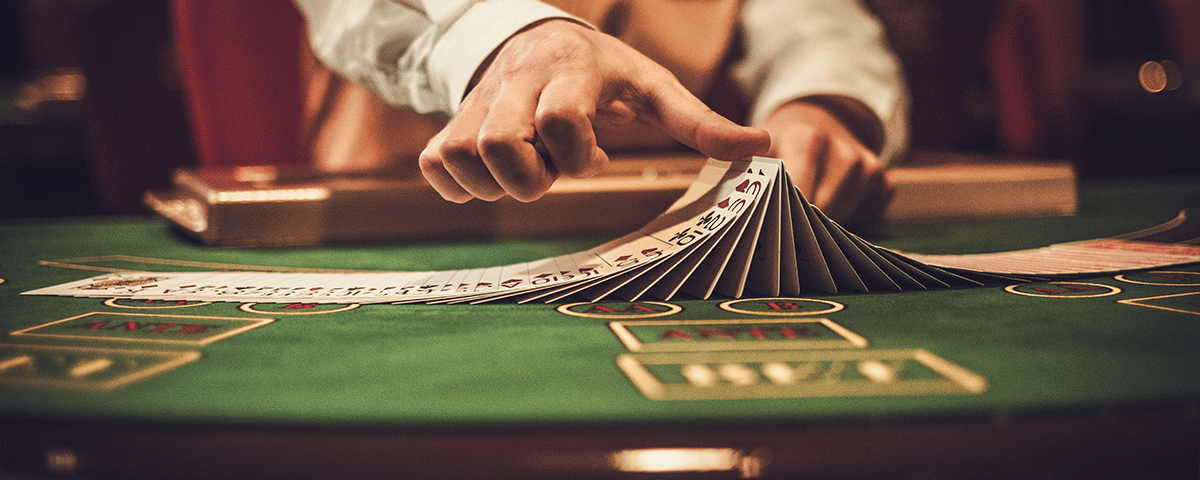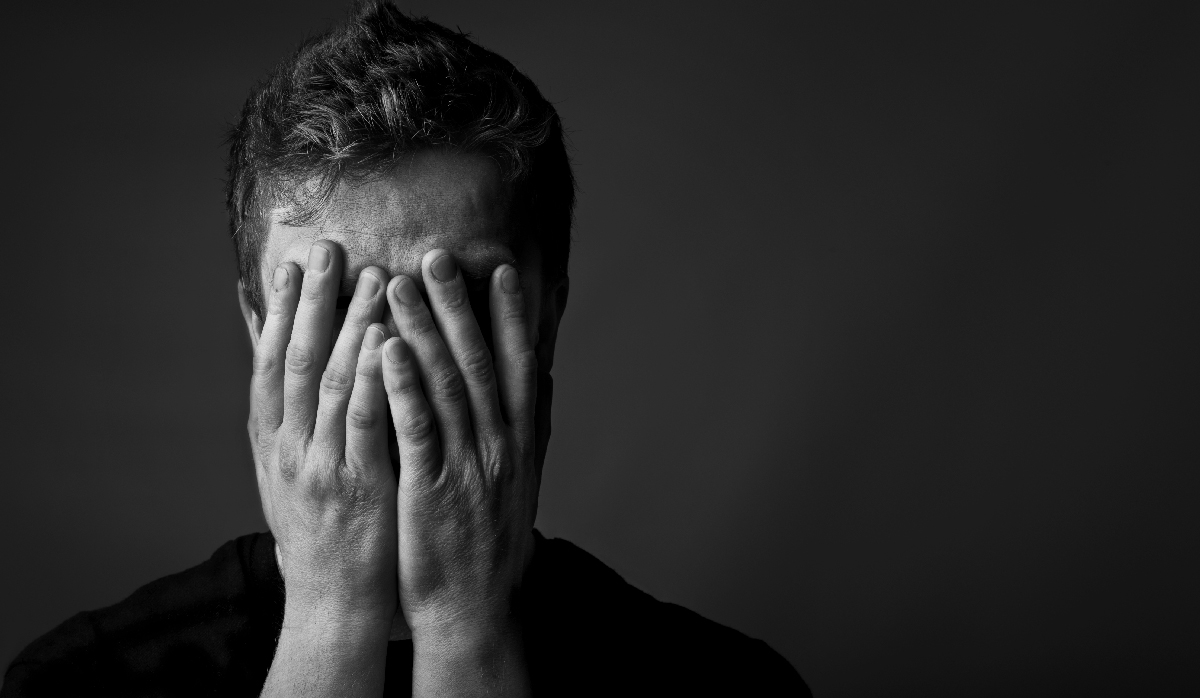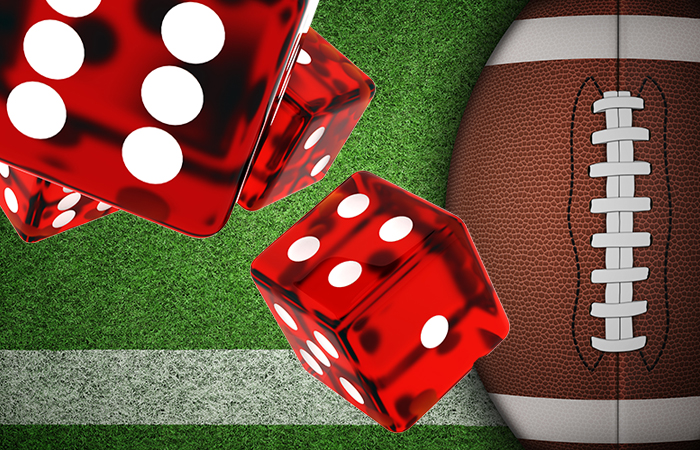When you hear the word addiction, you may think of drugs or alcohol, but the disease isn’t only about substance abuse. People can also develop an addiction to gambling or anything that brings them pleasure. Gambling is when a person is willing to risk losing something valuable to them in hopes of getting something of even greater value. People who go from social gambling to compulsive gambling become wrapped up in the thrill of possibilities while failing to realize the repercussions. As a drug and alcohol treatment center in Palm Beach that treats gambling addicts, we’re sharing the phases of gambling addiction and why the practice is addictive.
Why Is Gambling Addictive?
A gambling addiction, or gambling disorder, is defined as the uncontrollable urge to continue gambling despite the negative impact on a person’s life. Gambling is addictive because it can activate the brain’s reward system, much like drugs and alcohol can. Common signs of gambling addiction include:
- Chasing countless lost bets
- Being secretive about their behavior
- Draining savings
- Accumulating debt
As harmful as this habit can be, compulsive gamblers get hooked on the momentary feeling of pleasure that occurs when they’re betting, making it difficult for them to quit. These pleasurable symptoms equate to a drug high, creating an addiction as serious as one related to drugs or alcohol.
Like a drug addiction, a gambling disorder can impact a person’s relationships, finances, and psychological well-being. Behavioral Health of the Palm Beaches offers gambling addiction treatment in Florida that has helped numerous patients get their lives back. If you or someone you know is struggling with a gambling disorder, our treatment can help.
What Are the Stages of Gambling Addiction?
The onset of problems related to a gambling disorder varies from person to person and greatly depends on their experiences when they gamble. There are four stages or phases of gambling addiction in which these problems often occur, and nearly every gambler goes through.
#1: The Winning Stage
The first stage of gambling addiction is the winning stage. A gambling addiction usually begins with a “big win” or series of smaller wins, which ignite a desire to continue gambling and increasing wagers. The person may feel an unrealistic sense of power and control over their ability to win. These initial wins also enhance self-confidence and optimism, causing the gambler to become excited about the prospect of continuing this streak and forcing them to seek out more opportunities to win. However, the thrill of winning is primarily due to the size of the wager. As compulsive gamblers continue to play, they will continue to increase their bets to experience the same thrill, similar to the growth of tolerance to drugs or alcohol.
#2: The Losing Stage
The second phase of gambling addiction is the losing phase. Gamblers in this stage may attempt to boast about their wins when, in reality, they’ve been on a long losing streak. As a result, a person in this stage is more likely to gamble alone than with others. And when they aren’t gambling, they’re more likely to spend their time thinking about their next opportunity to gamble. Another prominent thought in a gambler’s mind during the losing stage is how they’ll raise more money to continue gambling. Many gamblers go to great lengths to do this. They may even try to convince themselves that a few wins could continue to fuel their bets. However, the most dominant pattern is losing, and gamblers in this stage may begin placing more importance on the next bet than in any of their previous wins.
Additionally, gamblers begin lying to their loved ones in this phase. They often become irritable, restless, and emotionally isolated due to frustration. These feelings equate to withdrawal symptoms that a drug addict or alcoholic may experience when they don’t use or drink. Gamblers in the losing stage also begin borrowing money without knowing how to pay it back. They may try to win back their losses to break even because their finances have taken a nosedive. But this only tends to worsen the situation and contribute to further self-destructive behaviors.
#3: The Desperation Stage
The next phase of gambling addiction is that of desperation. Gamblers may place more bets than usual in desperate attempts to get even or catch up to their losses. Characterized by uncontrollable behavior, remorse, blaming others, and isolation from friends and family, people in this phase of gambling disorder may also engage in illegal activities to finance their habits.
#4: The Hopeless Stage
The hopeless stage of gambling addiction is a compulsive gambler’s rock bottom. This stage often involves arrests, divorce, substance abuse, mental breakdowns, and withdrawals. At this point, the gambler knows that getting even or catching up to losses is impossible, but they don’t care. All of these issues tend to pile up and create a sense of despair and hopelessness. As a result, many gamblers who hit this point in their disorder contemplate suicide and other dangerous and drastic behaviors.
Approximately 1 percent of adults in the United States have a severe gambling addiction.1 Many of these individuals are also predisposed to other addictive behaviors and problems like depression, unstable home environments, and lack of peer support. A gambling disorder is just as serious as any other form of addiction. In fact, the current diagnosis for compulsive gambling includes criteria similar to alcohol and drug dependence, such as increased tolerance and withdrawal symptoms.
The good news is that there’s help. BHOPB offers specialized gambling addiction treatment that utilizes a variety of therapeutic approaches to address the underlying causes of gambling addiction. Because compulsive gamblers are also prone to substance abuse, we also offer addiction treatment in Lake Worth for substances like alcohol, prescription pills, heroin, and more.
If you or someone you know is battling gambling addiction or substance abuse, call us now at 561-220-3981 to learn how we can help.













